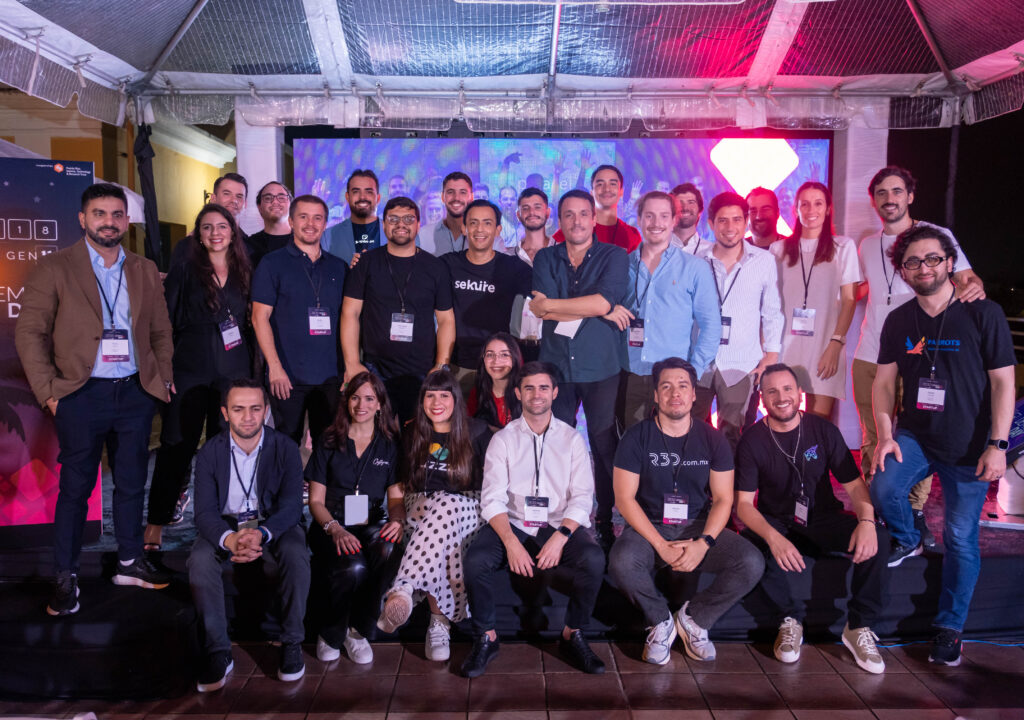According to a report from the World Bank, Latin America and the Caribbean recently became the world’s fastest-growing region for disclosed cyber incidents, with a 25% average annual growth rate in the last decade alone.
Furthermore, according to the international financial institution it is also the least protected region.
In December of last year, the US Embassy in San José and the Presidency of Costa Rica shared that a security review had found that cybercriminal groups based in China had infiltrated the country’s technology systems.
Shortly prior to this, the Costa Rican Oil Refinery (RECOPE) had fallen victim to a separate ransomware attack. In addition to importing and refining fossil fuels, RECOPE operates oil pipelines from the Caribbean to the Pacific coasts, serving as an important hub to the entire region.
Furthermore, when it comes to cybersecurity attacks in the region, according to the World Bank there were: “massive data breaches to public agencies that exposed confidential records of nearly every citizen (Ecuador, 2019; Argentina, 2022), a malware attack that provoked the shutdown of all public bank branches (Chile, 2020), a cyber incident that prevented citizens abroad from casting their votes during the presidential election (Ecuador, 2023), and more.”

With the rise of AI, there is an opportunity to turn challenges into opportunities. For instance, while the rise of AI has created more security vulnerabilities in the market, a San Francisco-based startup and member of the Y-Combinator Winter 2020 cohort is looking to leverage AI agents to help address this issue.
The company, DeepSource, announced this week that it is launching AI agents designed to help companies address security vulnerabilities. According to a statement from the company, the AI agents’ intent is to save coders hours of precious time, and their launch comes at a time when AI generated code is becoming increasingly popular.
“Code is no longer being written just by humans. The surge of AI-generated code means 10x more code can now be developed in the same amount of time, and by less experienced developers. But we’re not speeding up our code security practices by that same factor,” said Sanket Saurav, CEO of the company.
“Real end users will be impacted if companies don’t evolve their tooling to ensure they’re securing this exponentially higher volume of code.”
With a global workforce gap of over 4 million and the cybersecurity industry projected to grow by 14% in the region, significant potential exists in Latin America for investments into cybersecurity.
Startups, and new solutions that incorporate AI, can be expected to play an important role here.

Disclosure: This article includes a client of an Espacio portfolio company.











